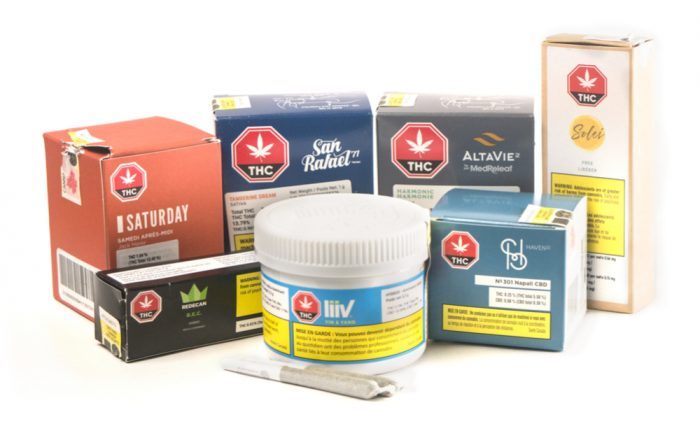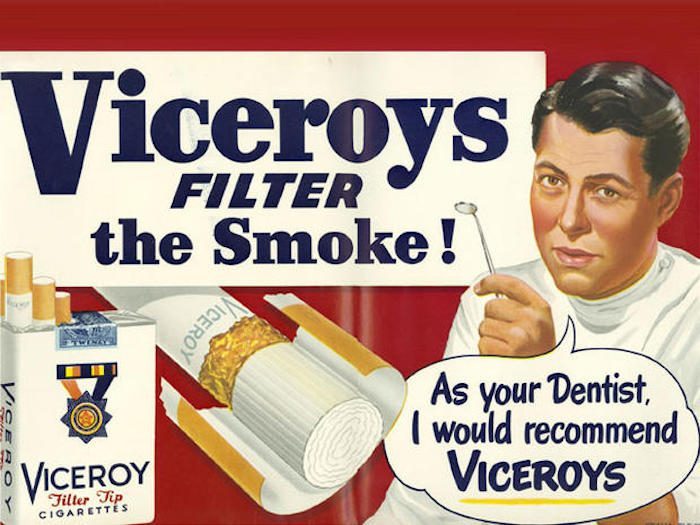The slick salesmen of the Oxy years and Big Tobacco’s false research have made docs suspicious of cannabis producers.
It’s not so much a problem with the way we prescribe medical cannabis as a problem with how the medical establishment understands it. To put it simply: they don’t.
As the promise of medical cannabis becomes a reality for more people, patients are turning to their doctor for guidance. But, the docs in practice right now didn’t get training on cannabis medicine while they were in med school. Consequently, many distrust (or are simply don’t know) cannabis.
Even doctors that endorse cannabis because they’ve anecdotally heard or witnessed it calm seizures and fight cancer (for example), have serious limitations in their knowledge. Your physician may not know what to prescribe nor in which ratio. Worse, there are no dosage guidelines at this time, mostly due to lagging human clinical trials. Because they cannot rely on their training to provide answers, many docs are turning to legal growers and producers….that are selling their cannabis products to patients. Does this scenario sound familiar?

Is ‘Big Cannabis’ the New Big Pharma?
The opioid epidemic in the United States is primarily the result of questionable marketing practices from pharmaceutical companies . The companies knew the addiction risks and abuse potential for medicines like OxyContin, but downplayed this information. Then, they hired slick hucksters to push their products to physicians. Now, some doctors are concerned that they’re being sold cannabis in the same way.
The scientific literature on cannabis is still in its infancy compared to well-established pharmaceutical drugs. So, the primary source of information regarding medical cannabis comes from cannabis industry representatives. Just like the drug reps who pushed Purdue Pharma opioids, the cannabis industry has its own lobbyists who attempt to inform physicians about the efficacy of their product.
And although doctors are a smart bunch, studies show that direct-to-doctor marketing pays off. According to the Journal of the American Medical Association, there is a direct link between Big Pharma spending on local physicians and the opioid-linked mortality rate in the counties where those doctors practice medicine. This is why may doctors are included in opioid lawsuits around the country.
It’s no wonder some doctors are wary. They don’t want to be hustled into making the same mistakes that led to the opioid epidemic. After all, they learned that Big Pharma pays to play. The question now is: Does Big Cannabis?

A Different Set of Rules, a Different Set of Expectations
Big Pharma is now limited in how it can court physicians, thanks to legislation that prevents drug companies from giving non-food gifts to physicians. Doctors do still take free lunches from Big Pharma and continue to prescribe opioids en masse. Middle America continues to hang itself on the rope that Big Pharma has unfurled.
Why then does the stench linger around cannabis and not OxyContin? The same doctors who clearly didn’t know about the side effects of the opioid in the ’90s had no ethical problems prescribing it — yet they do with cannabis.
Inadequate and False News Research
To be fair, a small amount of these physicians’ reticence can be explained. Some doctors who witnessed the opioid epidemic firsthand are especially suspicious of industry-funded research. After all, Big Tobacco pumped millions into misleading studies about smoking. Then they staved off the consequences of deceiving the public for years, arguably long enough to cause a critical mass of addiction that has kept profits steady to this day. These same companies are now banking in on pot legalization as their profits begin to fall beside cannabis markets.
Remember when doctors used to prescribe cigarettes? It happened, thanks to faulty research and a lot of money funnelled from tobacco companies into physician’s pockets.
Most doctors look at that as the lowest point for modern medicine. It’s definitely not something they want to repeat, so trusting cannabis is a big leap for some. Tobacco and OxyContin have already tricked them. Fool me twice …

Via CBS News
Should Doctors Prescribe Cannabis?
In a word, yes. Recently, the National Academy of Sciences, Engineering and Medicine conducted a rigorous review on the health effects of cannabis. The body, one trusted by American doctors, came down on the side of cannabis.
Just like opioids, they found it treats chronic pain. Furthermore, it doesn’t cause cancer and has anti-inflammatory properties that help HIV patients. And where the review didn’t find hard facts to support cannabis, it called for more studies to complete our modern understanding of the drug because it believes there is a gap in our knowing.
In the end, doctors prescribed OxyContin on the advice of a salesman and that has left a professional wound. It’s time for med schools to get up to speed and for the practicing physicians to take on some additional professional learning about the endocannabinoid system. It’s time for full legalization and to open the flood gates of research.





